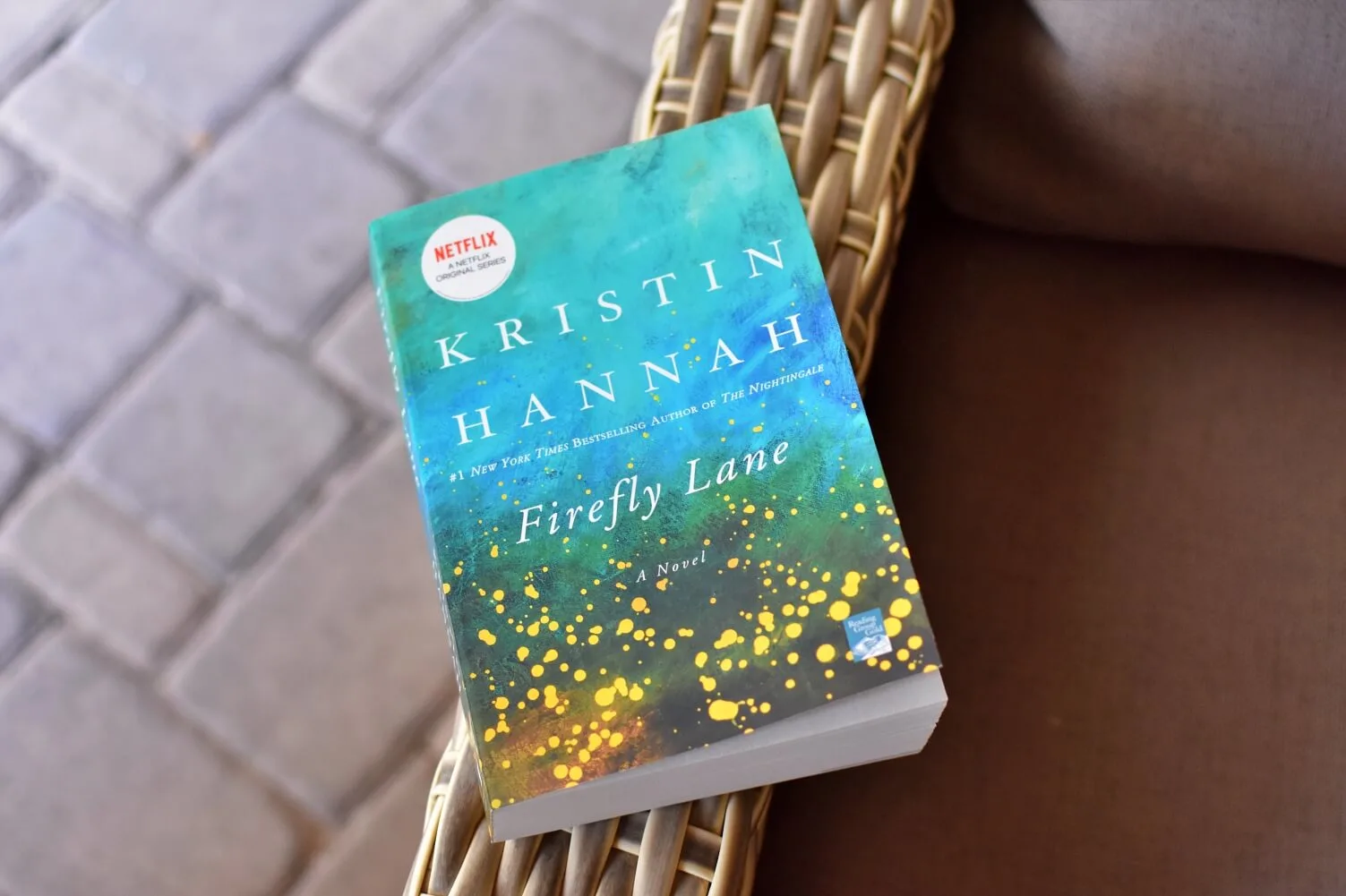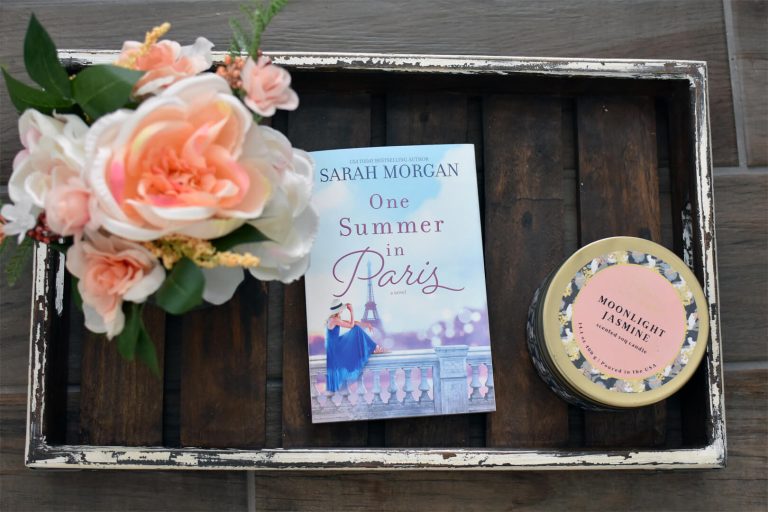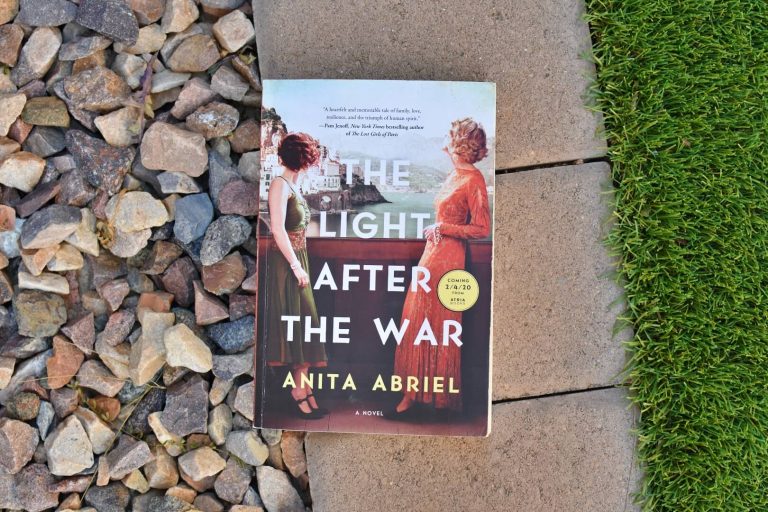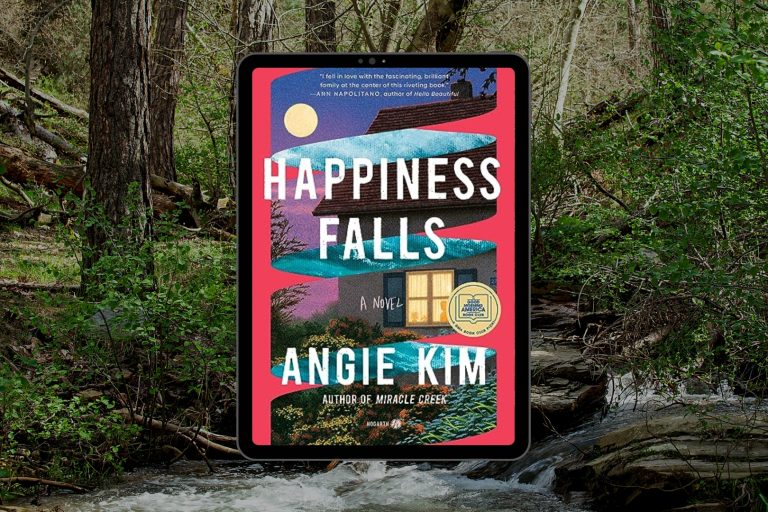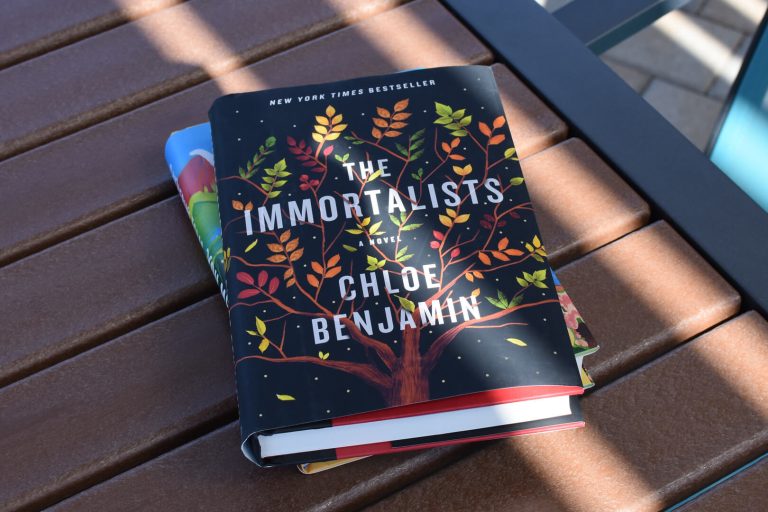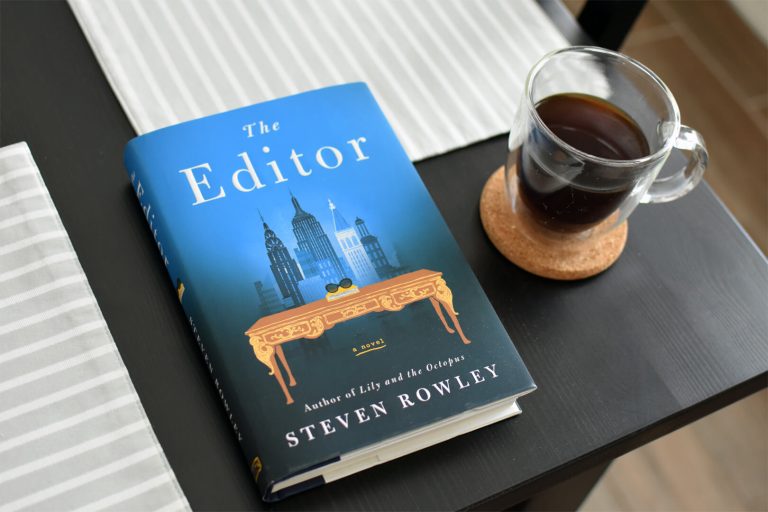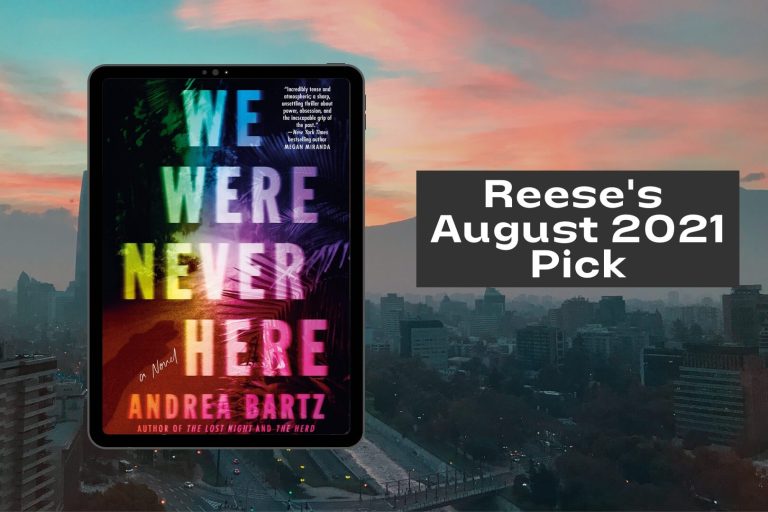Firefly Lane by Kristin Hannah is a story about a friendship throughout the decades.
The first Kristin Hannah book I read was The Nightingale, which I think is one of the best historical fiction novels ever written. I’ve also read The Great Alone, another well-written book. Both stories are pretty intense at times and rich with historical details.
I decided to read Firefly Lane, an older novel of hers, after I saw the Netflix trailer. Knowing her as an epic historical fiction storyteller, I was curious about how she approaches a more women’s fiction type of story.
And I liked it enough. Of course, she’s always such a great writer. But I had a couple issues with this one.
The Synopsis
In the turbulent summer of 1974, Kate Mularkey has accepted her place at the bottom of the eighth-grade social food chain. Then, to her amazement, the “coolest girl in the world” moves in across the street and wants to be her friend. Tully Hart seems to have it all—beauty, brains, ambition.
On the surface they are as opposite as two people can be: Kate, doomed to be forever uncool, with a loving family who mortifies her at every turn. Tully, steeped in glamour and mystery, but with a secret that is destroying her. They make a pact to be best friends forever; by summer’s end they’ve become TullyandKate. Inseparable.
So begins Kristin Hannah’s magnificent new novel. Spanning more than three decades and playing out across the ever-changing face of the Pacific Northwest, Firefly Lane is the poignant, powerful story of two women and the friendship that becomes the bulkhead of their lives.
From the beginning, Tully is desperate to prove her worth to the world. Abandoned by her mother at an early age, she longs to be loved unconditionally. In the glittering, big-hair era of the eighties, she looks to men to fill the void in her soul. But in the buttoned-down nineties, it is television news that captivates her. She will follow her own blind ambition to New York and around the globe, finding fame and success . . . and loneliness.
Kate knows early on that her life will be nothing special. Throughout college, she pretends to be driven by a need for success, but all she really wants is to fall in love and have children and live an ordinary life. In her own quiet way, Kate is as driven as Tully. What she doesn’t know is how being a wife and mother will change her . . . how she’ll lose sight of who she once was, and what she once wanted. And how much she’ll envy her famous best friend. . . .
For thirty years, Tully and Kate buoy each other through life, weathering the storms of friendship—jealousy, anger, hurt, resentment. They think they’ve survived it all until a single act of betrayal tears them apart . . . and puts their courage and friendship to the ultimate test.
The Decades
If you think the synopsis is lengthy, the story itself clocks in at 479 pages! There’s no reason for it to be this long. No reason. Yes, it goes through many decades—covers 30 years—but I can tell you that several sections could have been trimmed or cut out.
To be honest, I just wasn’t feeling the ’70s and the beginning of Tully and Kate’s friendship. It felt really cliché. Tully is the bright star who receives all the attention, but suffers from abandonment issues. Kate is the shy and awkward friend who always serves as the supporting cast to Tully’s main act.
Maybe I’ve just read too many stories like this, but I was a bit disappointed the same cliché carries throughout this novel. There is some nuance as both are envious of each other at different points in the story. But again, a little generic overall.
That said, I really liked the ’80s section, when they’re in college. And especially when they’re at their first jobs, working in broadcast news. That to me, was the strongest part of the novel.
Tully and Kate
Everything in this one revolves around Tully and Kate’s friendship and I do think there’s something special about a novel dedicated to female friendships. And you do see why they’re friends, for the most part. It’s interesting to see them grow and evolve, yet in some cases, remain the same.
Tully is obnoxious more often than not but I do like her drive to become a successful journalist. But Tully’s selfishness does sometimes come with a cost. Her mother has done a number on her that makes it difficult for Tully to have a long-term relationships, other than with Kate.
I do think Kate’s character arc is a bit disappointing in some ways. She doesn’t love the news, but goes into it to follow Tully’s lead (and because she develops a crush on her boss). Kate always dreamed of true love and becoming a wife and mother—but that doesn’t really provide much satisfaction. It just seemed Kate was sidelined, even though she’s supposed to be an equal star.
All that said, this one really does turn into an emotional ride and the ending really got to me. Therefore, I liked it overall. If I were to rank this one, I would give Firefly Lane a solid 3 1/2 stars.
If you want to read this novel before or even after watching the Netflix show, I think it’s worth your time. But keep in mind the length of this one. There is also a sequel to this novel, called Fly Away. It’s still up in the air on whether I’ll read that one or not due to the all the clichés in this one.
If your book club is reading Firefly Lane, be sure to check out my book club questions.
